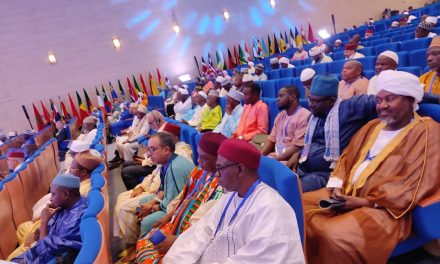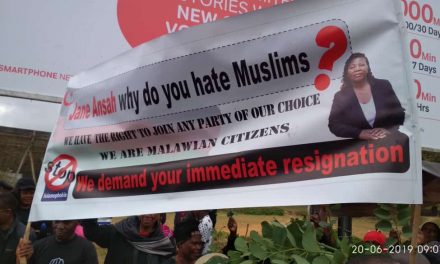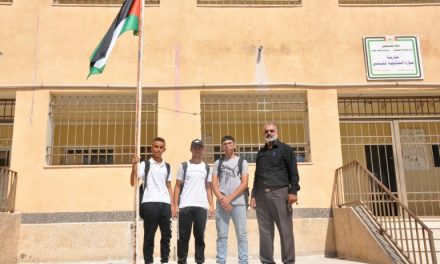
Persistent Power Outage Angers Small Scale Businesses, Religious Leaders.

Malawi is finding it tough to end the electricity problem. The Electricity Generating Company (EGENCO) and the Electricity Supply Corporation of Malawi (ESCOM) recently announced what could be called a “national shut-down,” which lasted 14 hours in addition to the usual 6 hours shift of blackouts.
This has greatly affected different operations in the country, like small and medium businesses as well as other sectors including religious activities.
In an interview with Insight Magazine, Davie Sitima, who owns a barbershop at M’gona, said time has come for government consider the welfare of Malawians seriously.
He said he is failing to pay rent for both the shop and the house rentals since he is not doing business and survival is difficult.
“I’m not operating, the shop rental fee is K20, 000 likewise the house I live in. I’m failing to make such an amount of money because electricity is on and off, we are struggling, and we cannot make money with the 6 hours that the electricity is on,” said Sitima.
He has therefore requested government to find ways and means of helping ESCOM to supply electricity for longer periods of time otherwise crime will increase in communities.
“Many people are doing small businesses, but with the electricity problems, some have closed their shops, and others who were selling freezes and plastic tubes have stopped, saying they are not making money as most of the time electricity is off, making their products not meeting customer needs, and thereby not selling enough,” said Sitima.
Another business person, Rashida Allie from Thyolo District, said he had to stop doing business as he feared to lose all his capital due to an electricity problem.
“I sell meat, fresh fish and vegetables, but now I only sell vegetables. One of my fridges got damaged due to the persistent blackouts,” said Allie.
He said it is worrisome that government seems not to pay serious attention to all this. She said government is not doing enough to improve on the power supply in the country.
Noel Kalima, of the same district, who is in the welding business, said it is taking people a long time to produce one item for a customer.
“Some of our customers are running away looking for other people to do their jobs as we are unable to make as many products as possible. The other challenge is that we are making great losses, most of the time, electricity is on during the night, which means our workers must be paid overtime and other extra costs like transportation,” said Kalima.
An upcoming Agri-businessman, Hillary Khuzumule, has no good words for both ESCOM and EGENCO, saying they have failed the country.
“We as small business operators we are the ones who drive the economy because we buy or produce and sell commodities every day, now if the supply of electricity is like this, we will close the businesses because it is either you make little profit by engaging backup system or you make losses from the blackout which at the end of the day, nothing will help a small businessman,” said Khuzumule.
Khuzumule said Malawi is losing out on investors because no “serious” investor will come to the country where blackouts are the order of the day.
Officials from ESCOM and EGENCO have said the blackouts will continue for a longer period until December. They said a number of challenges are hindering the good supply of electricity, among them being low water levels, unmaintained power plants, among other reasons.
In response, Brighton Vita Malasa, Bishop of the Anglican Diocese of Upper Shire asked government to find solutions to reduce the frequency of blackouts, which have severely impacted people in the country.
Speaking in an interview, the bishop said the insufficient power supply has the potential of disturbing the already dwindling economy, especially for those that heavily depend on electricity.
He also said various sectors of the economy rely on electricity, including religious institutions that have various projects and the equipment that incurs extra cost when hired or used as backup power, like generators.
“People depend on small-scale businesses like saloons and barber shops, but they are currently finding it difficult to survive. Some companies are not able to produce, which means they will not have things to sell either in the country or outside, thereby reducing staff. As a nation, we are also to experience a shortage of forex,” said Malasa
Malasa asked responsible authorities to respond quickly to citizens’ outcry about power outages.
But Minister of Energy Ibrahim Matola said he was very sad and annoyed at both ESCOM and EGENCO. He said there must be something keeping these two companies from providing power to the public.
“As government, we expect to have power since the two companies have expertise, but to the contrary, they are failing to deliver. We need to have enough generation and supply of electricity in this country, and we will not just sit and watch this happen,” said Matola.
Electricity has been a problem in Malawi for years, but the worst time is from 2021 to date.






























